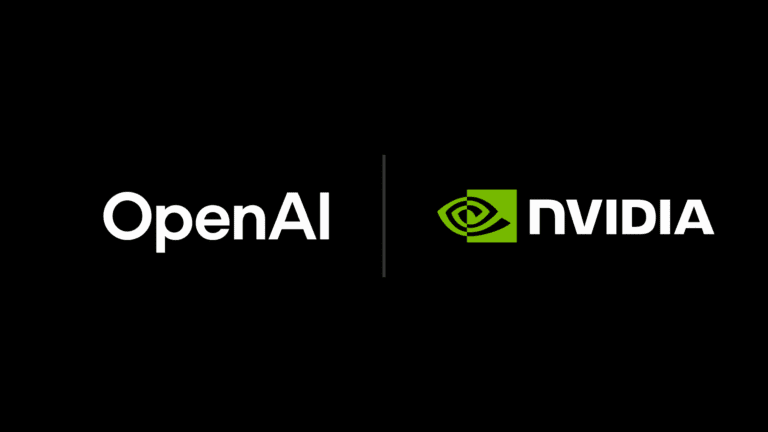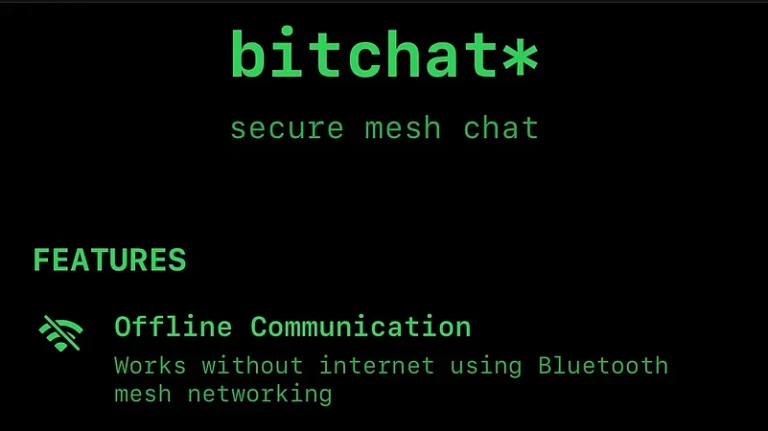
In a bold move to diversify its technological offerings and reduce reliance on traditional search giants, Meta Platforms, formerly known as Facebook, has embarked on developing its own AI-powered search engine. This development comes as part of Meta’s broader strategy to compete more directly with tech titans Alphabet’s Google and Microsoft’s Bing in the rapidly evolving AI landscape.
According to reports circulating on the web, Meta’s new search engine will leverage conversational AI to provide users with real-time, context-aware answers about current events. This tool is expected to be integrated into Meta’s AI chatbot, which is already present across its family of apps including WhatsApp, Instagram, and the flagship platform, Facebook.
The project underscores Meta’s ambition to not only enhance its service offerings but also to carve out a significant role in the AI domain amidst fierce competition. Traditionally, Meta has depended on external search engines for providing users with updates on news, stocks, and sports. However, this new search engine aims to give Meta more control over the user experience and data, reducing its dependency on Google and Microsoft.
Industry analysts suggest that this move could have significant implications for the search engine market, traditionally dominated by Google. “If Meta manages to integrate this seamlessly into its ecosystem, it could potentially challenge the status quo by offering a more personalized, conversational approach to search,” commented tech analyst Sarah Beaumont from TechTrend Insights.
The initiative also aligns with the tech industry’s rush towards AI, where companies like OpenAI, Google, and Microsoft have been making substantial investments. The race is not just for market share but for setting the standards in how AI could transform the way information is accessed and presented.
While details on the technology’s specifics remain under wraps, sources indicate that the AI search engine will use advanced natural language processing to understand and respond to queries in a more human-like manner. This would enable users to engage in a more dynamic interaction with the search tool, much like conversing with a knowledgeable friend rather than typing into a search bar.
Meta has not officially responded to requests for comments on this development, but the company’s history of innovation in AI, especially through its Meta AI division, suggests a serious commitment to this project. Previously known as FAIR (Facebook AI Research), Meta AI has been at the forefront of AI research, contributing significantly to the field’s growth.
As this story develops, it will be crucial to watch how Meta’s AI search engine performs against established players. Will it manage to siphon users from Google and Bing, or will it carve out its niche within Meta’s own ecosystem? Only time will tell, but for now, Meta’s entry into the AI search arena marks a new chapter in the ongoing saga of tech giants vying for supremacy in the digital age.






